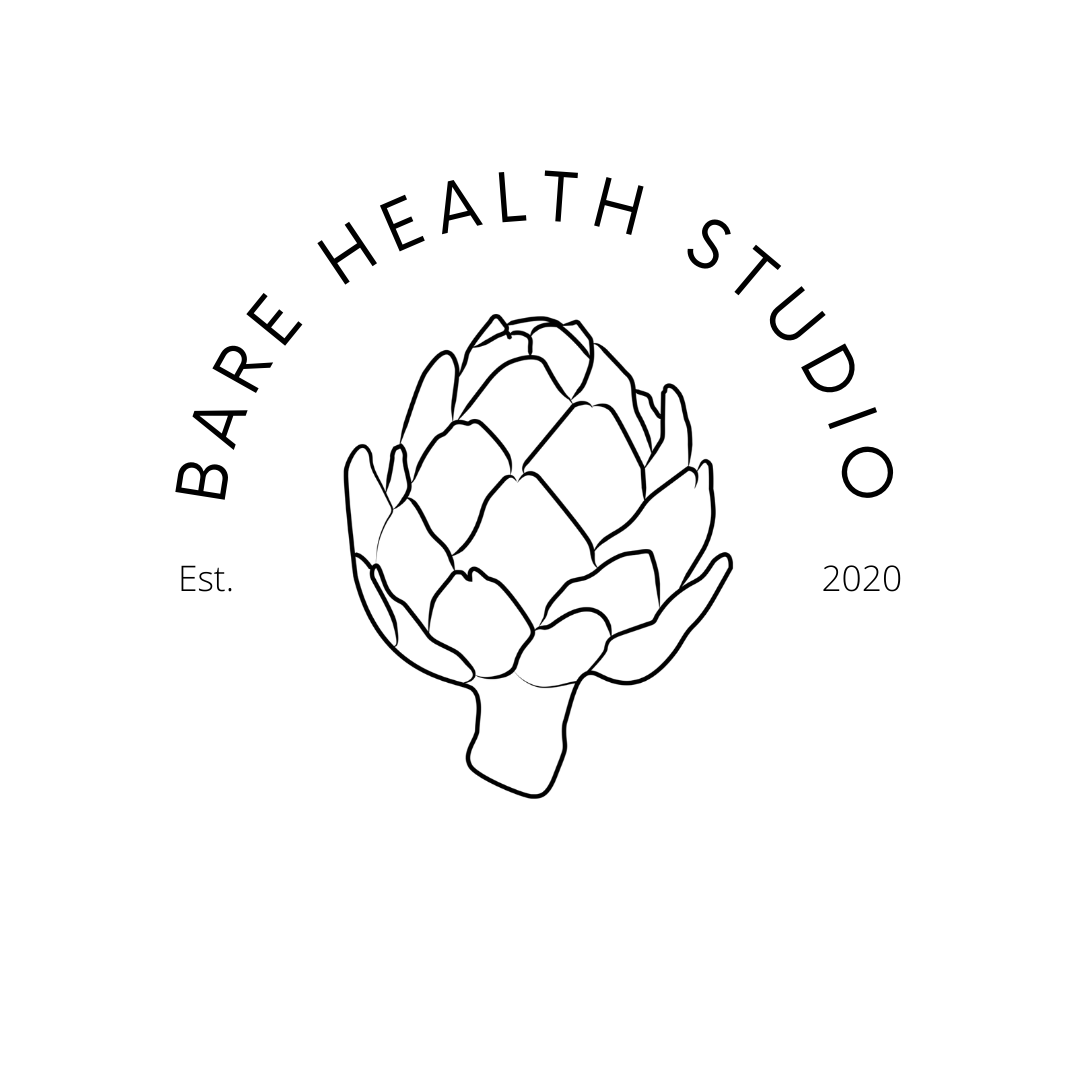3 Tips to Support Healthy Digestion
If you're looking to support healthy digestion you've come to the right place. Experiencing occasional digestive symptoms is common, these may include an upset stomach, bloating, gas, heartburn, nausea, constipation or diarrhoea. These symptoms can be very inconvenient and cause disruption to you lifestyle. Thankfully, there are diet and lifestyle changes that can have a positive impact on your digestion.
Eat a whole-foods diet
A typical Western diet is often high in refined carbohydrates, saturated fat and food additives which have been linked in increased risk of digestive disorders. It’s suggested that food additives such as sugar, salt and other chemicals contribute to increased inflammation of the gut, leading to leaky gut. Many processed foods contain trans fats which have been linked to increased risk of developing ulcerative colitis, an inflammatory disease of the bowel.
Furthermore, processed foods such as low-calorie drinks and ice creams contain artificial sweeteners such as xylitol and erythritol, which can cause digestive problems such as bloating and diarrhoea. Studies also suggest that artificial sweeteners may increase the population of harmful bacteria in your gut.
Thankfully there is scientific evidence suggesting that diets high in nutrients are protective against digestive diseases. Therefore, a diet based on whole foods and that limits the consumption of processed foods may be best for optimal digestion.
A whole-foods diet means eating a diet with minimal processed foods, with foods as close to their natural state as possible, think more from the earth and less from a packet. For optimum health we recommend a diet high in vegetables and fruit, with legumes, whole grains, lean protein from both animal and plant sources, nuts and seeds and fermented foods.
Eating Mindfully and Chew Properly
Eating too quickly is easily done if you’re not focused and paying attention, which may lead to bloating, gas and indigestion.
Mindful eating is the of playing attention to all aspects of your food and the process of eating. Studies have shown that eating mindfully can reduce digestive symptoms in people with IBS and ulcerative colitis.
Chewing (aka mastication) is the first step of digestion. If you don’t chew properly your stomach won't produce adequate hydrochloric acid (stomach acid).
The actual act of chewing begins to break down our food. Then salivary glands produce saliva, which moistens and contains enzymes to further break down the food. When our foods is broken down better we will absorb more of the nutrients from it and pass better stools.
Tips to eat mindfully:
Eat slowly
Avoid tv, computer and phone screens
Notice how your food looks
Notice how your food smells
Select eat bite consciously
Put your fork down between bites
Pay attention to the taste, texture and temperature of your food
Chew your food 20-30 times per mouthful
Digestive Tea
There are naturopathic herbs that can be used as a tea to support healthy digestion which can be found in our newest tea blend, Digest.
Digest is a warming and bittersweet blend of botanicals traditionally used to support healthy digestion. Digest is the perfect, soothing post-meal cuppa.
Ginger (Zingiber officinale Rosc.)
Ginger’s warming and nourishing qualities help to stimulate circulation. This aids in the transport of nutrients throughout the body. Ginger is commonly used in clinical practice for reducing nausea, stomach cramps, and discomfort and to detoxify the body.
Cardamom (Elettaria cardamomum)
Cardamom in Ayurvedic medicine has been found to reduce symptoms of bloating, acid reflux, flatulence, and nausea.
Fennel (Foeniculum vulgare)
Fennel is an effective carminative, helping to relieve digestive spasms, cramping and flatulence. Fennel also has an anti-inflammatory effect on the digestive system.
Star anise (Illicium verum)
In Ayurvedic medicine, star anise is used to treat respiratory conditions, digestive issues, and nausea. Star anise has also been used in Traditional Chinese Medicine (TCM) for its warming and nourishing qualities.
Licorice (Glycyrrhiza glabra)
Licorice root extract is often used to relieve symptoms of indigestion, such as acid reflux, upset stomach, and heartburn. In Traditional Chinese Medicine (TCM), licorice is used to clear heat and dispel toxicity as it tonifies the Basal Qi and nourishes the Spleen Qi.
Eating a whole foods diet, eating more mindfully and drinking a digestive tea are ways which you can improve your digestion. Of course, these three suggestions are just the tip of the ice berg. There is much that can be done to support better digestion such as addressing nutritional deficiencies of gut supporting nutrients, addressing gut bacteria, limiting alcohol consumption, cessation of smoking, exercising regularly, managing stress and staying hydrated.
For individualised support to improve your digestion you can make an appointment with one of the Bare Health Studio naturopaths or nutritionist who can tailor a wellness plan to you.
References:
DOI: 10.1136/gutjnl-2013-305304
DOI: 10.1016/j.autrev.2015.01.009
DOI: 10.1097/MIB.0000000000000289
DOI: 10.1152/ajpendo.00037.2016
DOI: 10.1038/nature13793
DOI: 10.1152/ajpendo.00037.2016
DOI: 10.1080/19490976.2015.1017700
DOI: 10.1016/j.jnutbio.2013.01.006
DOI: 1155/2014/140724





